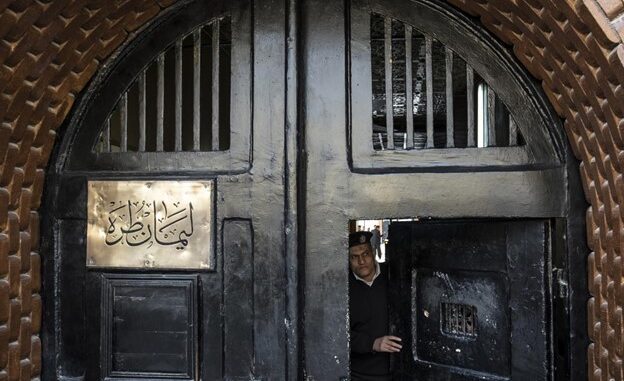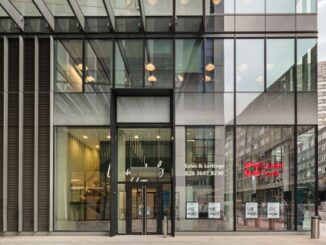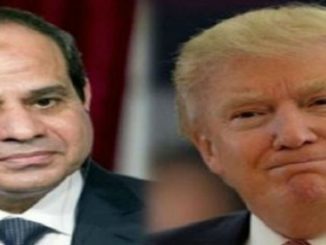
Several “Tora” prisoners have been trained to talk about prison conditions before Sisi, with promises to include them in a presidential pardon list, reported Mada Masr.
According to Mada Masr, one of the lawyers, who preferred to remain anonymous for his personal security, said that he had learned from a number of his clients in Tora Prison during the past three weeks that the prison administration had arranged to hold a large conference in the presence of the President of the Republic and the Minister of Interior, and that the National Security Sector officers in the prison trained a number of prisoners on specific answers to questions, in exchange for their release in a presidential pardon.
“If you attended a conference in which the President of the Republic or the Minister of Interior asked you about the prison conditions, what would you say? What would you say if you won a presidential pardon and got out of prison?” These are examples of questions that National Security Sector officers have trained hundreds of prisoners in political cases who have been imprisoned in a number of prisons nationwide, since the beginning of last month, according to three lawyers close to the families of prisoners in Minya, Wadi Natroun and Tora prisons, reported Mada Masr.
The lawyers emphasized that the National Security officers have informed dozens of detainees who answered these questions (acceptably) of placing their names on a pardon list, which they expected to be announced by the President of the Republic during a conference in Tora prison next October.
One of the lawyers, who preferred not to be named, said that he had learned from a number of his clients in Tora prison during the past three weeks that the prison administration had arranged to hold a large conference in the presence of the President of the Republic and the Minister of Interior, while the National Security officers in prison would choose a number of prisoners, especially politicians, whether Islamists or others to attend. They asked them some questions, and trained a number of them on specific answers to the questions, in return for their exit in a presidential pardon.
Last Wednesday, Egypt’s Abdel Fattah al-Sisi announced, during a phone interview with state television, the opening of the “largest prison complex” on the American style, among other prisons, within a few days or weeks, he said.
What happened in Tora prison is very similar to what happened in Wadi al-Natrun and Minya prisons, according to two lawyers who spoke to Mada Masr on condition that their names would not be mentioned.
According to the lawyers, officers of the National Security Sector held, during the past weeks, meetings inside the prisons of Minya and Wadi al-Natroun, with hundreds of prisoners, including Islamists who were sentenced to final sentences in cases of demonstration, gathering, and storming police stations, and asked them questions related to their activities outside the prison in the event of issuance of a presidential pardon for them.
According to the lawyers, following those meetings, dozens of prisoners were transferred from the two prisons to Tora prison and informed of the imminent issuance of a pardon decree including them.
The three lawyers expected that a number of political prisoners would be included in the President of the Republic’s regular decision to pardon convicts in October, whether on the occasion of the celebrations of the sixth of October or the Prophet’s Birthday in the second third of the same month, explaining that these procedures in a number of prisons coincided with the release of The National Human Rights Strategy, which includes a clause regarding the treatment of prisoners
The expectations of the three lawyers were in line with assertion of a government source concerned with the human rights file to Mada Masr that next October may witness pardoning a number of those convicted in political cases, or regarding some of those held in pretrial detention, including younger and less dynamic Islamists.
The source that preferred to remain anonymous, pointed out that the final decision to pardon prisoners or apply any other measures remains in the hands of Sisi.



